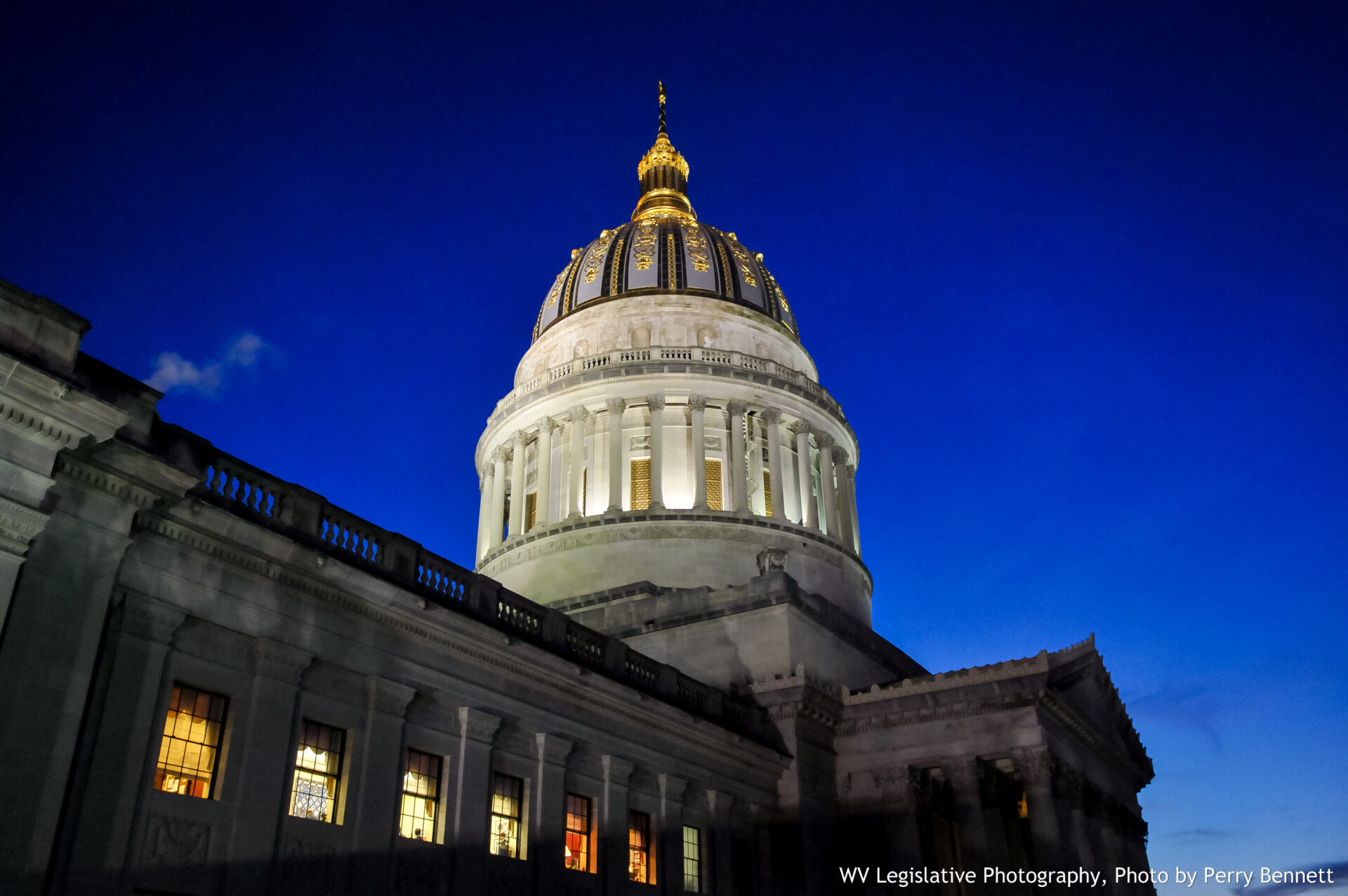Gov. Jim Justice announced Friday that West Virginia will not face a clawback of $465 million in COVID-19 money from the U.S. Department of Education, alleviating concerns raised by state lawmakers during the final days of the legislative session in March.
The Republican governor said in a statement that federal officials approved the state’s application for a waiver for the money, which was a portion of the more than a billion dollars in federal aid the state received to help support students during the COVID-19 pandemic.
In order to receive the money, the state needed to keep funding education at the same or a higher level than before the pandemic. In other words, the federal money could supplement existing state investment in education but not replace it.
For federal spending packages passed in 2020 and 2021, that meant a dollar-for-dollar match. For 2022 and 2023, the federal government examined the percentage of each state’s total budget being spent on education.
Those regulations were waived for West Virginia in 2022. As lawmakers worked to finish the state budget in March at the close of the session, the state had not been approved for a waiver for 2023.
The question threw the state’s budget process into disarray and caused uncertainty in the days before the 60-day legislative session, with lawmakers saying they would pass a “skinny budget” and reconvene to address unfinished business in May, when the financial situation is clearer.
Justice said then that his office was negotiating with the federal government and that he expected a positive resolution, citing funds dedicated to school service and teacher pay raises each year since 2018 — when school employees went on strike over conditions in schools.
On Friday, he praised the federal government’s decision, and he said he was never concerned the waiver wouldn’t be approved.
“This announcement came as no surprise and was never a real issue,” Justice said.
He also said the state has dedicated money to building projects and putting teaching aides in classrooms to improve math and reading skills. The state said it spent $8,464 per K-12 pupil in 2024, compared with $7,510 during Justice’s first year as governor in 2017, according to documents submitted to the federal government.
But because state spending increased overall — from $4.9 billion in 2017 to $6.2 billion in 2023 — the percentage marked for education decreased. The key metric eliciting pause from the federal government was an 8% decrease in the education piece of the budget pie — from 51% in 2017 to 43% last year.
Justice said the state’s investment in education speaks for itself: State leaders also approved $150 million for the state’s School Building Authority in the state budget for the fiscal year starting in July.
